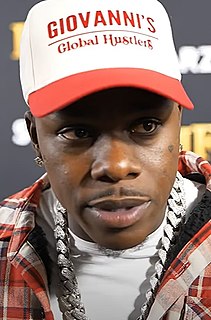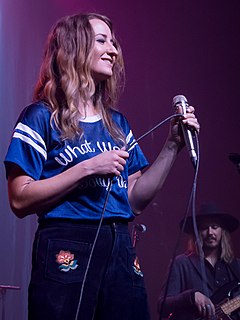A Quote by Temple Grandin
People talk about curing autism. But if you got rid of all those traits, who's going to make the next computer?
Related Quotes
I think that if I could do any sort of research of autism that I wanted to do, at this point I would take a sample of classic, early infantile autism persons and compare them with what I call "classic late onset autism", individuals. I think we will find that the cause of those youngsters with autism who have autism from birth is probably different than those who have late onset autism.
In an ideal world the scientist should find a method to prevent the most severe forms of autism but allow the milder forms to survive. After all, the really social people did not invent the first stone spear. It was probably invented by an Aspie who chipped away at rocks while the other people socialized around the campfire. Without autism traits we might still be living in caves.
You take somebody - one person has definitely got autism, you got another person that maybe has some of those traits and maybe there's some anxiety, depression, some epilepsy or something in the family history. Put them together, you're more likely to have a severely autistic kid than if you don't have any neurological problems in the family history.
If you have high-functioning autism, you may well have a lot of autistic traits but if you've got a particular lifestyle where it's possibly an advantage to be leading a solitary lifestyle and be quite obsessive, you're clearly able to function and maybe even make valuable contributions in your work, so arguably you don't need a diagnosis.
You know what I noticed when I was with Jacob? In your world, people can reach each other in an instant. There's the telephone, and the fax - and on the computer you can talk to someone all the way around the world. You've got people telling their secrets on TV talk shows, and magazines that publish pictures of movie stars trying to hide their homes. All those connections, but everyone there seems so lonely.
My autism is a very mild form. It was diagnosed at the age of 25, partly because it wasn't diagnosable as a teenager (this is Asperger's syndrome, specifically). But there were certainly traits within that condition, within the autism spectrum in general, especially at the high functioning end, that I think are best looked at as pluses.
I think one of the problems with the definition of autism is we keep expanding it. It started as "early infantile autism", and then it became "autism", and now it's "autism spectrum disorder". I'm not opposed to that from the standpoint of trying to broaden our vistas, and so forth. But from a research point of view, the term autism is lost in specificity.































